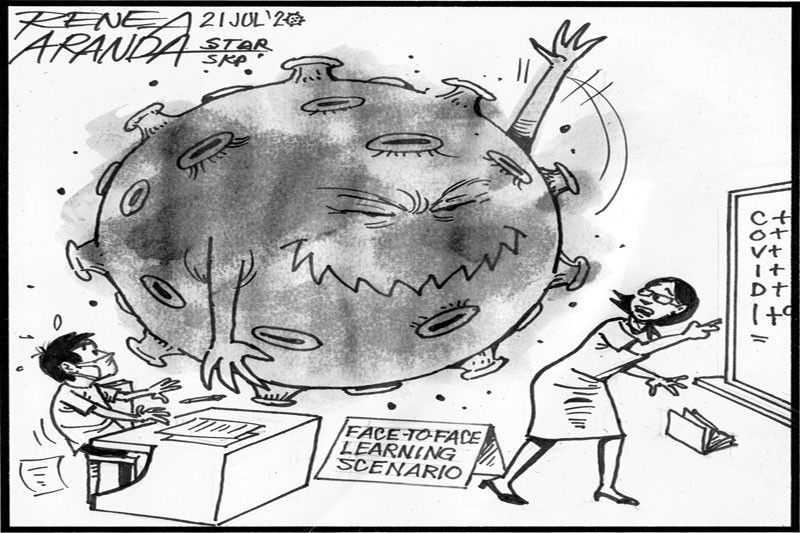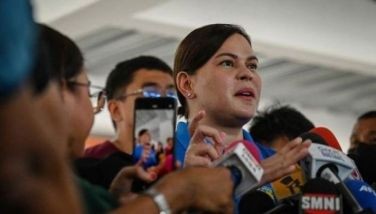EDITORIAL - Face to face

President Duterte made it clear: no vaccine for coronavirus disease 2019, no face-to-face classes. But with private school operators lamenting that a number of them might be forced to shut down for the school year, and teachers expressing concern over their jobs, the administration has softened on the ban.
Even public schools have a problem in areas with little or no internet connectivity and weak telecommunications services for blended learning during the COVID-19 pandemic. So the President has approved a proposal for limited face-to-face classes beginning Jan. 1, 2021 in areas under the most lenient modified general community quarantine.
The Department of Education has given assurance that COVID health safety protocols will be strictly followed once the plan pushes through. These include temperature checks, wearing of masks, regular handwashing, and limited seating in classrooms where actual dividers and visual cues will be used to enforce physical distancing.
Parents remain worried about infection, especially for young children whose movements are more difficult to control. Physical barriers such as boxes, toys and plexiglass sheets will have to be installed to regulate movement within the classroom and the rest of the school premises, including the exterior as students arrive and enter the compound.
There is also concern about hygiene in schools where water supply for handwashing is inadequate, and for whom regular disinfection of classrooms and equipment may be costly.
This week there have been encouraging reports that a COVID vaccine might be out within the year. While the global commercial rollout of any vaccine will take time, the development provides the best hope for a gradual return to regular classes. In the meantime, however, all education stakeholders must heed warnings about the consequences of missteps in the resumption of even limited face-to-face classes. With lives at stake, no precaution must be left out.
- Latest
- Trending




























